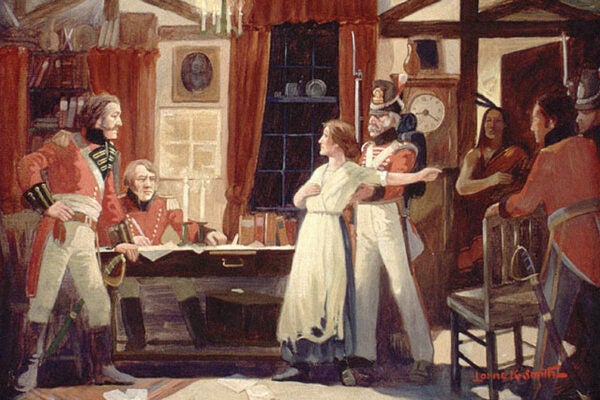When we remember the Memphis Sanitation Strike, with its iconic “I AM A MAN” signs, it’s usually just as the backdrop for the assassination of Martin Luther King, Jr. But historian Jason Sokol explains how the strike, which began 50 years ago on February 12, 1968, was ignited by long-smoldering outrage and helped deepen King’s radicalism in the last months of his life.
In the 1960s, Sokol writes, Memphis had long been a segregated city, and 86 percent of black men were low-paid manual workers. Although they were often invisible to white people in the city, trash collectors had begun organizing to improve their dangerous, low-paid jobs well before 1968. Five years earlier, sanitation worker T.O. Jones led 32 men on a walk-out. The next year, the workers formed a union.
The workers’ fight hit immediate roadblocks. A court injunction prevented their first planned official strike in 1966. In 1967, despite unprecedented political organizing by the city’s black community, a conservative won the mayoral election. By the early days of 1968, sanitation workers were frustrated and angry. Then, on February 1st, two of them died on the job, caught in the grinder of their truck.
Ed Gillis, a longtime garbage collector, said the workers had already been meeting regularly. On February 11th, he recalled, “the house was packed… All of us got together and we was going to stop work till we got better satisfaction.”
Sokol writes that, to Memphis politicians, newspaper editors, and business leaders, it seemed impossible that the poor, uneducated black workers had made their own choice to strike. “They were men who were easily led,” one mayoral advisor insisted. “The strike was brought on by strong leadership from the union.” But Jerry Wurf, the head of AFSCME, the national union the workers belonged to, said it was clear that the strikers—many of them in their fifties—were reacting to decades of exploitation and indignity. “They were tired, beaten men,” he said, “and they were sort of making a struggle that before they died, they would stand up and be men.”
The city’s black leaders, including ministers and heads of civil rights groups, helped rally the community around the strikers. As prominent Baptist minister Ben Hooks said, “Our response can only be explained in terms of a long feeling of frustration.”
On March 18th, King arrived in Memphis. By this time, Sokol writes, he was wrestling with deep flaws in the American economic system that perpetuated property. As historian David Halberstam saw it, King was learning from the experiences of people like the sanitation workers: “Their voice is harsh and alienated. If King is to speak for them truly, then his voice must reflect theirs.”
Less than a month later, King gave one of his most powerful speeches in Memphis, and was struck down the next day.
King’s assassination shook the Johnson administration, which helped the workers win their strike, contributing to a growing, race-conscious public sector labor movement.







